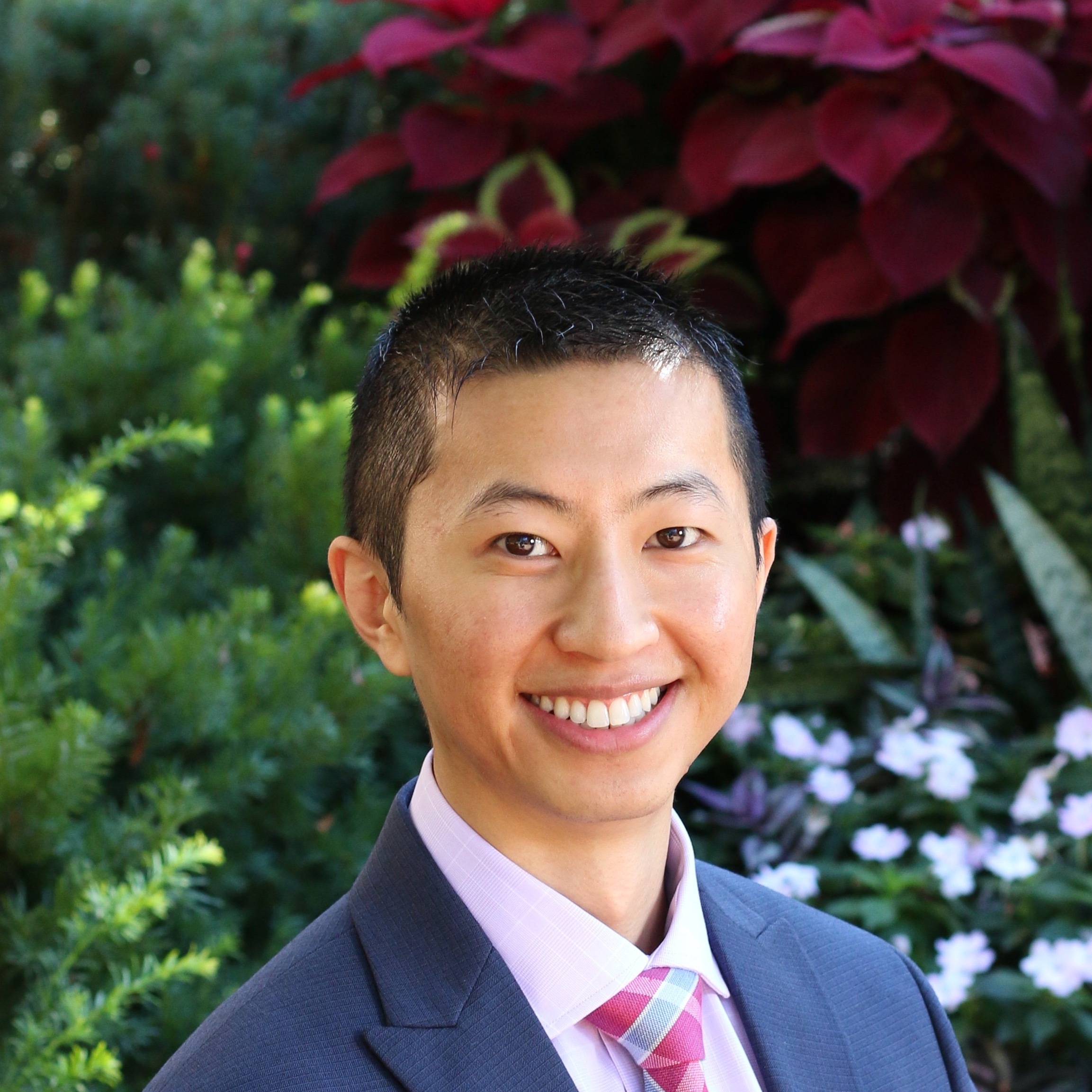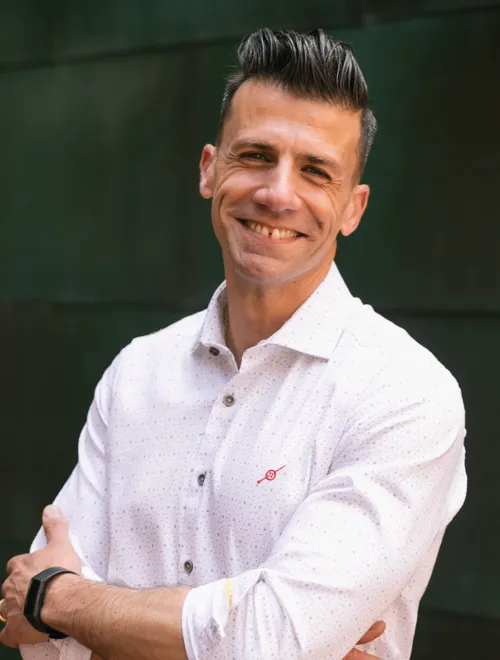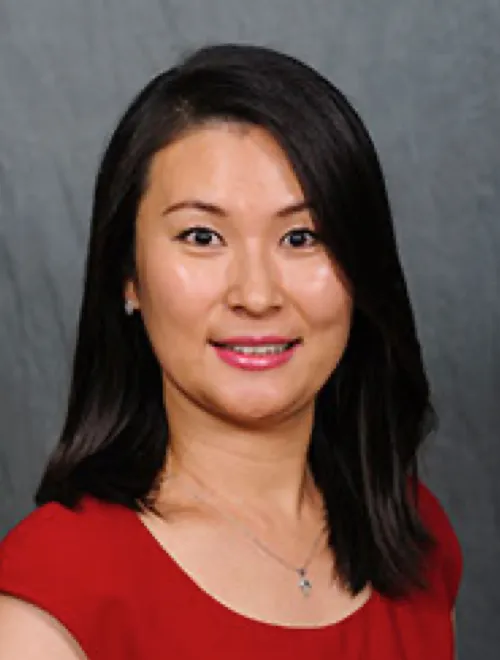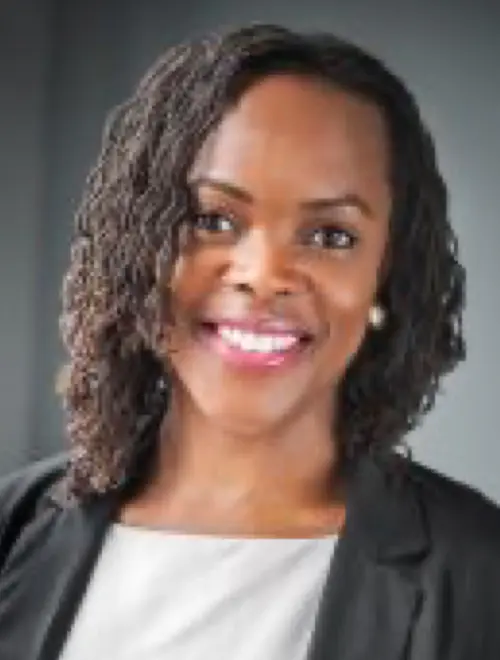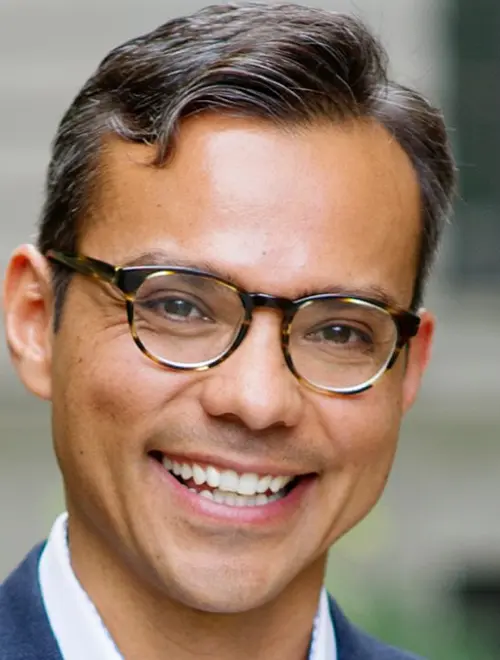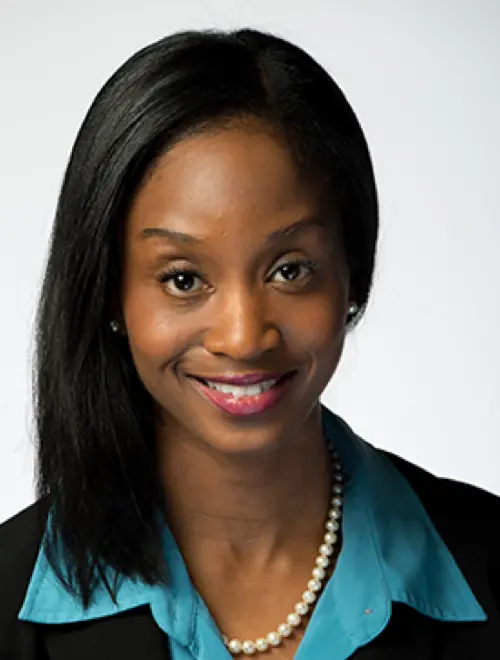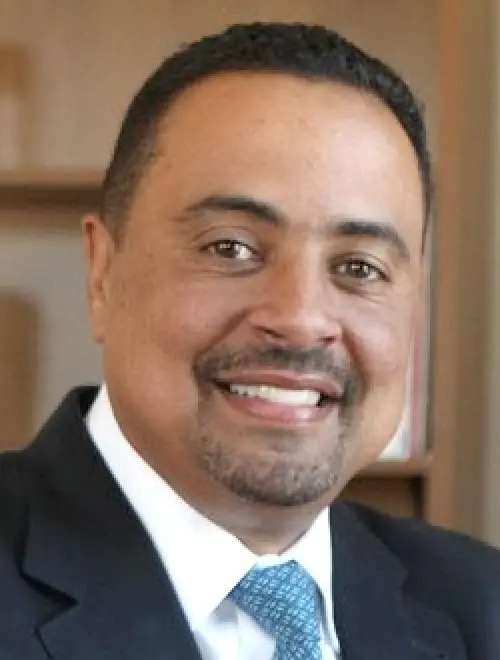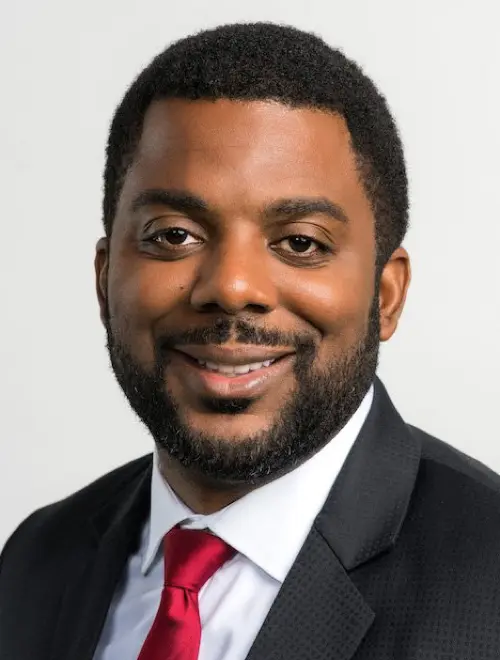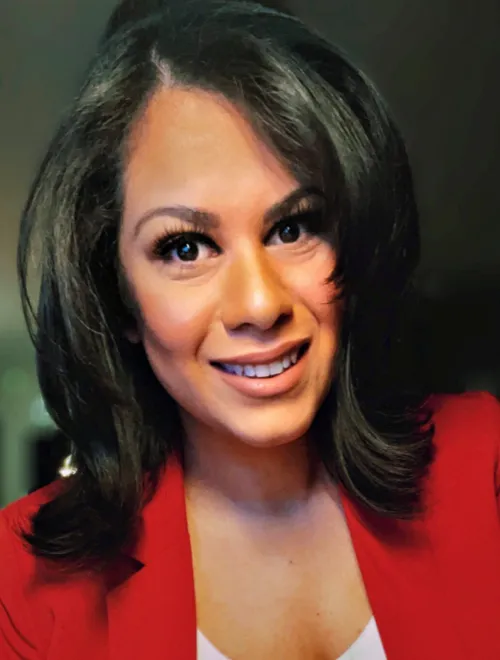Aging & Equity Speaker Series
The Aging and Equity series features voices of researchers, advocates, and practitioners across disciplinary backgrounds who are working to understand the realities of historically excluded and underserved communities, specifically regarding issues that impact older adults. The series aims to bring critical perspectives to the challenges facing today’s older adults and to provide a space for multidisciplinary collaboration and discussion.
The Aging and Equity series is held quarterly on Zoom and is open to the MIT community and public.
Past speakers have presented on topics including social determinants of health for aging Latin Americans, measuring livability across communities, and diversity in financial planning.
Upcoming speakers and registration pages for webinars will be featured here when they are announced!
Our Upcoming Aging & Equity Events
No upcoming events — please check back later!
Past Speakers
Racial and Ethnic Disparities in Dementia
Dr. Wong is an Assistant Professor in the Department of Public Health & Preventive Medicine and the Department of Geriatrics at SUNY Upstate Medical University. His research focuses on examining racial and ethnic disparities in dementia and engaging underrepresented populations in dementia research.
Dr. Robin Brewer: The Future of Care with Voice Technologies
The U.S. Census reports that by 2034, the number of older adults (ages 65+) will outnumber children for the first time in our society’s history. With these reports come conversations on the future of aging in a world that has a limited capacity to engage in care work. One proposed solution is to use technology as a tool that can 1) support older adults aging in place, 2) support medical professionals and paid/unpaid caregivers in their roles, or 3) replace key tasks that human care workers perform.
Dr. Robin Brewer, Assistant Professor in the School of Information at the University of Michigan, focues on one specific technology - voice assistants - and how they could be used to support care in long-term care settings with older adults. She argues that we can better leverage conversation in voice technologies to engage social aspects of care, and imagines a future of digital tools that support, rather than replace, human care work.Philippe Saad: Housing and the LGBTQ older population
Many underrepresented communities, such as the LGBTQ older population, do not identify with traditional senior housing communities, nor feel safe or welcome despite the social advancement in equal rights in the past decades.
The talk intends to discuss the development path of The Pryde, and how such needed housing was achieved through partnerships between the not-for-profit LGBTQ Senior Housing Inc., Pennrose. Philippe Saad, Co-founder of LGBTQ Senior Housing Inc, and principal at DiMella Shaffer, architect of The Pryde will highlight the benefits of the partnership, and how it accelerated the process of finding an appropriate site, receiving funding, and moving through construction.
Dr. Shinae L. Choi: Older Adults’ Romantic Relationships and Estate Planning
Read MoreDr. Shinae L. Choi, an Associate Professor in Consumer Sciences at the University of Alabama, presented findings and implications from a paper she published in the Journal of Family and Economic Issues on romantic relationship trajectories and estate planning behavior. Estate planning refers to the legal preparation individuals make to provide financial security to their survivors, especially the execution of wills and trusts.
Dr. Latrica Best: Climate Change and Health
Read MoreDr. Latrica Best, Associate Professor of Sociology and African and African Diaspora Studies at Boston College, gave a talk that looked at climate change and health from an intergenerational and age perspective. Rather than focusing on a single study, she provided an overview of why researchers should think about aging and specifically intergenerational health and how we can learn more about climate related health events by studying people across generations.
Dr. Jinyu Liu: Peer Mentoring for Chinese Dementia Caregivers
Read MoreThe final series presentation of 2022, held on October 20, featured Dr. Jinyu Liu, Associate Professor at Columbia University’s School of Social Work, who discussed an intervention study she conducted on the benefits of a peer mentoring program for Chinese family caregivers.
Dr. Uchechi Mitchell: The Aging of the Black Community
Read MoreIn July, the Aging and Equity series featured Dr. Uchechi Mitchell, assistant professor at the School of Public Health at the University of Illinois, Chicago. Dr. Mitchell performs research on disparities in psychosocial outcomes among older adults in the United States, focusing on the experiences of stress and resilience among the aging Black community.
Dr. Ernest Gonzalez: Applying an Intersectional Lens to Health and Work
Read MoreThe MIT AgeLab hosted Dr. Ernest Gonzales, Director of the MSW Program and the Center for Health and Aging Innovation at New York University, for an online talk on ageism and intersectionality.
Dr. Miranda Reiter: Diversity in Financial Planning
Read MoreDr. Miranda Reiter, Assistant Professor of Financial Planning at Texas Tech University, described the relationship between the financial planning industry and the racial wealth gap, as well as steps the industry could take to help lessen economic racial disparities.
Dr. Charles Senteio: Health Infomatics
Read MoreDr. Senteio’s research involves investigating the use of existing and emerging technology to support underserved patients and communities, which include those formerly incarcerated, underrepresented in research, and urban populations of low socioeconomic status.
Dr. Rodney Harrell: Livable Communities
Read MoreDr. Rodney Harrell, Vice President of Family, Home, and Community at AARP, gave a virtual talk on livable communities for older adults. Dr. Harrell began his discussion by highlighting the rapid growth of the population of older adults in the United States.
Dr. Catherine Garcia: Social Determinants of Health
Read MoreDr. García's research focuses broadly on Latine aging in the United States and Puerto Rico and examines how residential environments, sociocultural factors, and other social factors shape the disease and disablement process across the life course.
